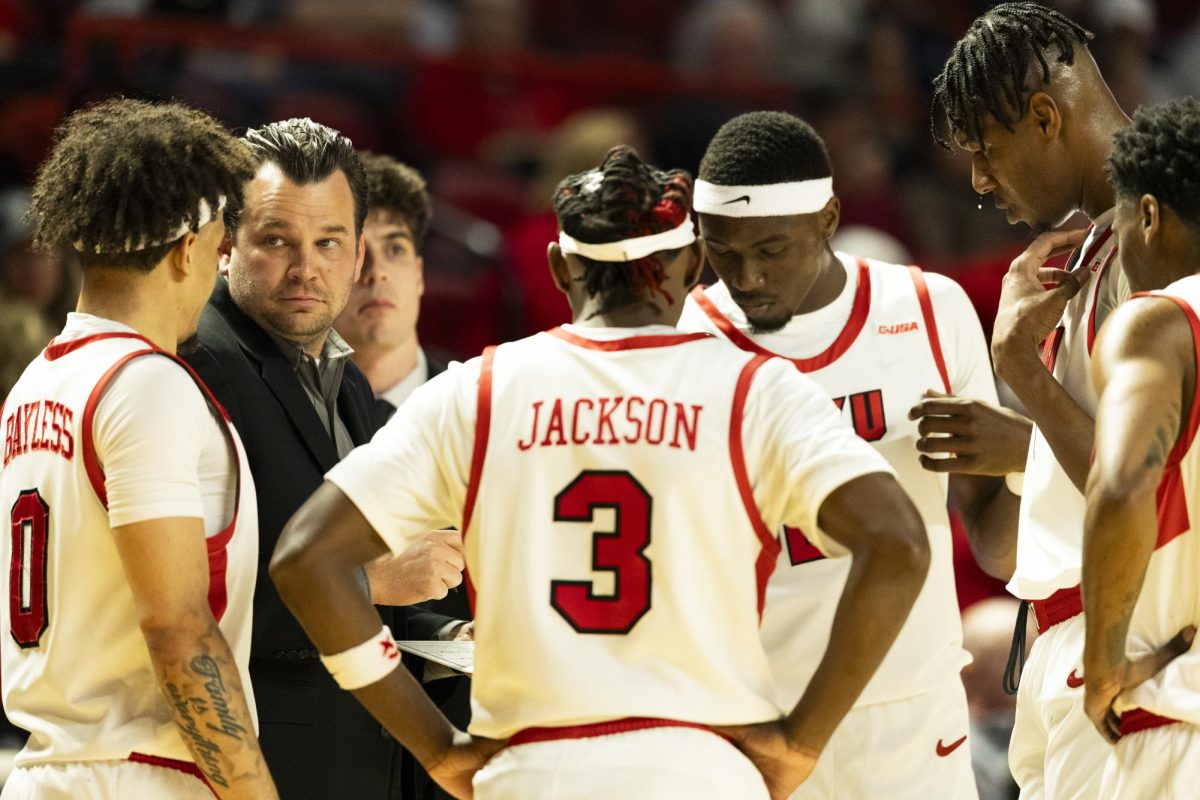Professor to research elephants
February 23, 2017
Within sub-Saharan areas of Africa, elephants roam free in their natural habitats and among areas that are populated with humans. While humans and elephants try to keep their separate ways, there is a major human-elephant conflict arising as elephants raid and damage crops while looking for food and water.
In one of the latest methods in sustainable agriculture and forestry, the Earth Watch Institute has been partnering with local farmers in Kenya to help minimize human-wildlife conflict. Much like the conflict with these elephants, the Earth Watch Institute focuses on preserving natural habitats while conserving land and resources that humans and wildlife need.
According to the Earth Watch Institute’s website, elephants play an important role on Earth by creating and maintaining critical habitats for other species. Yet, in certain areas like Kenya, elephants sometimes eat or damage crops that can take a toll on agriculture production.
Bruce Schulte, the department head of biology, recently accepted a grant through the International Elephant Foundation that will allow him to travel to Kenya and to work elephants and other wildlife in order to help remove any conflict they may have with humans, and vice versa. Along with the help of the Earth Watch Institute, Schulte will be finding new ways to sustain life and wildlife.
Schulte will be traveling to Kenya for almost five weeks during the summer, along with a graduate student who will be staying for six or seven months. With the Earth Watch Institute, scientists and volunteers will help Schulte collect data and set up experiments that will help their overall cause. These scientists and volunteers will be working non-stop between July and December of this year.
“I will be there for the summer part until I have to come back for my day job,” Schulte said. “But I have collaborators in Kenya, scientists in Kenya who will be there along with fieldworkers and my graduate student.”
During the last twelve months, Schulte has been setting up a project that will help preserve land where the wildlife, like elephants, need to survive. This project includes interacting with the locals in Kenya to figure out how they interact with the land and how they develop. Due to the human need to develop more land to survive, Schulte’s project will allow locals to not infringe in key land that wildlife may need to thrive.
Throughout the project, Schulte and the other project workers will have to find ways to work around the weather in Kenya, which can be temperamental by either raining too much, too little or just enough, which can affect agriculture for both the locals and the wildlife. Though the wildlife does not travel near humans often, if the agriculture for them is not giving enough food, animals like elephants may come and forage from human food, which can ruin large quantities of crops.
“In North America, I would say that people tend to really like elephants,” Schulte said. “But, what they really have to understand is that the people who have to live with elephants have a very different perspective about elephants. The more we can travel, the more we can speak to people and read about what is happening in these spaces, the more we can understand the dilemma that people have in these countries.”
The ultimate goal of the project is to find ways to help guide elephants and other wildlife away from human life while helping humans keep wildlife areas in good condition so the elephants and other wildlife do not need to interact with humans as much.
“I have been working with elephants for nearly 20 years and doing a lot with social behaviors and stuff like that,” Schulte said. “Elephants are known for having a lot of interaction with humans, for good and for bad. Because of that, I was working on wild elephants behavior, and the more I became involved with them, the more I had to consider the human aspect of their lives.”
Michael Stokes, a biology professor, also helps with grants within the department and has done a previous project that helped introduce Schulte to the current Earth Watch Institute project he is working on. With the prevalence of WKU in places like Kenya, Stokes loans out a house to other WKU professors, students and other non-profits that are doing projects in that area.
“We are a very internationalized department,” Stokes said, “We have people working all over the world, like in Asia, Africa, Central America and Europe.”
Much like in Shulte’s case, many of the biology professors take on projects that will help their areas of study. Along with creating and maintaining these projects, the department also has a wide range of projects that both graduate and undergraduate students can participate in, which is not common in every department at WKU.
Reporter Elisabeth Moore can be reached at 270-745-6288 and Elisabeth.moore938@topper.wku.edu. Follow her on Twitter at @emoore938.













